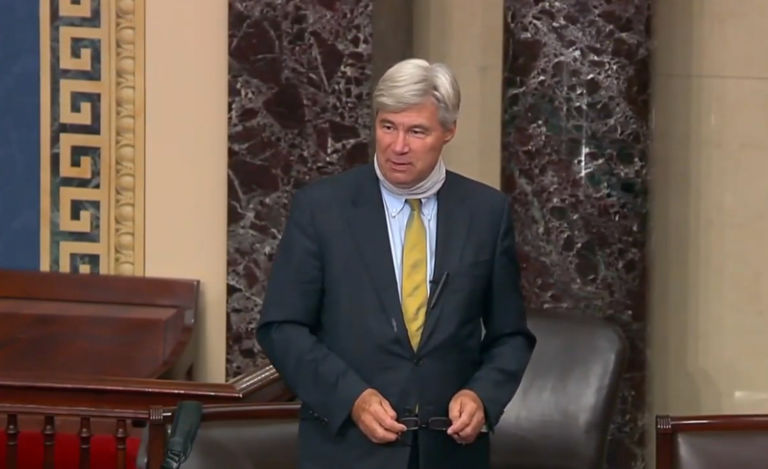Over the past several months, we have been hearing quite a lot about there being a 97% consensus among scientists on the issue of global warming. In particular, we have been told that 97 percent of scientists who have published on the subject accept the alarmist view held by President Obama, his EPA, and the United Nations. Indeed, the president himself has cited this alleged consensus of scientists in support of his EPA imposed policies on the issue.
The claimed consensus stems from a paper by John Cook, et. al. in Environmental Research Letter titled "Quantifying the consensus on anthropogenic global warming in the scientific literature." What the authors did was examine the abstracts of almost 12,000 journal articles published between 1991 and 2011, and they concluded that, "[a]mong abstracts expressing a position on AGW, 97.1% endorsed the consensus position that humans are causing global warming." That’s the consensus. Not that humans are causing catastrophic global warming that will cause ice caps to melt and New York City to end up under water. Not even that humans are causing most of the global warming. The consensus is simply that somewhere between a tiny fraction and all global warming is caused by humans.
In assessing the paper by Cook, et. al., Paul Homewood, writing on the Watts Up With That (WUWT) blog, points out that "[t]his is a very wide definition that even most skeptical scientists would have little difficulty agreeing with. It is also a pretty meaningless statement." And this is absolutely true. I am regularly in contact with many skeptics of global warming who publish widely in academic journals, and I know of none who would disagree with what Cook, et. al. describes as the 97% consensus.
That’s what makes the paper and its conclusions about consensus meaningless. The debate among scientist and policy makers is not about whether human activity has caused any global warming at all. Rather, it is about how much past and future warming has been and will be caused by humans, whether the warming will be dramatic and catastrophic or mild and possibly beneficial, etc. With respect to these truly important questions, this 97% number says absolutely nothing.
Beyond this though, Homewood, in his critique of Cook, et. al., points out that even this rather limited level of agreement is not exactly demonstrated in their paper. For example, in some of the abstracts the authors actually give no opinion of their own. Here is an abstract from a paper called "Buying Greenhouse Insurance." The authors are counted as agreeing with the consensus.
There have been numerous proposals for immediate cutbacks in CO2 emissions. Proponents argue that sizable reductions are necessary as a hedge against unacceptably rapid changes in climate. This paper provides a decision tree analysis of the problem. We examine how the optimal hedging strategy might vary with: a) the damage potential associated with the continued buildup of greenhouse gases; b) the accuracy and timing of climate research; and, c) the prospects for new supply and conservation technologies. The analysis is from the perspective of a single country, the USA. Optimal hedging strategies need to be explored on a region-by-region basis.
But note, the authors of this article, neither of whom, as Homewood points out, are "qualified to give an opinion" on the extent to which global warming is caused by humans, are simply accepting what "proponents argue" as the basis of their analysis. Homewood points to several similar examples in Cook’s paper.
So the next time you hear that 97% percent of scientists believe that humans are causing global warming, remember what the statistic is actually saying — pretty much nothing.
Click here for the Economics & Environment Update archive.
You can unsubscribe to this and all future e-mails from the John Locke Foundation by clicking the "Manage Subscriptions" button at the top of this newsletter.


